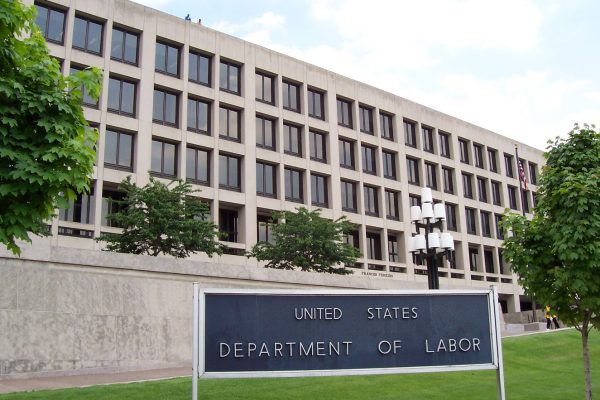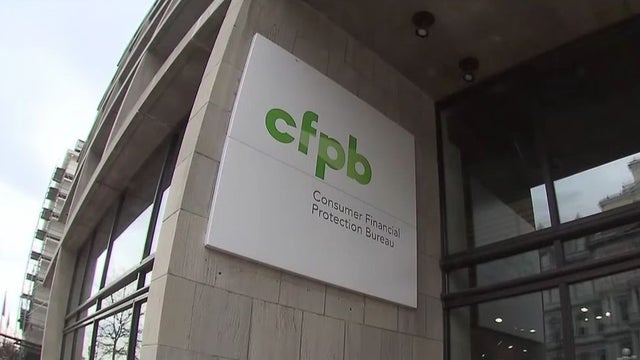In The News: Opinion: The Trouble With GameStop Is That the House Still Wins (The New York Times)
The real solution to breaking the power of finance is to rebalance the recession-wracked economy. Rather than gambling on the dubious promise of more Americans gaining access to the casino, it’s time to rewrite the rules to ensure that the house doesn’t always win, writes Alexis Goldstein, senior policy analyst at AFR.









